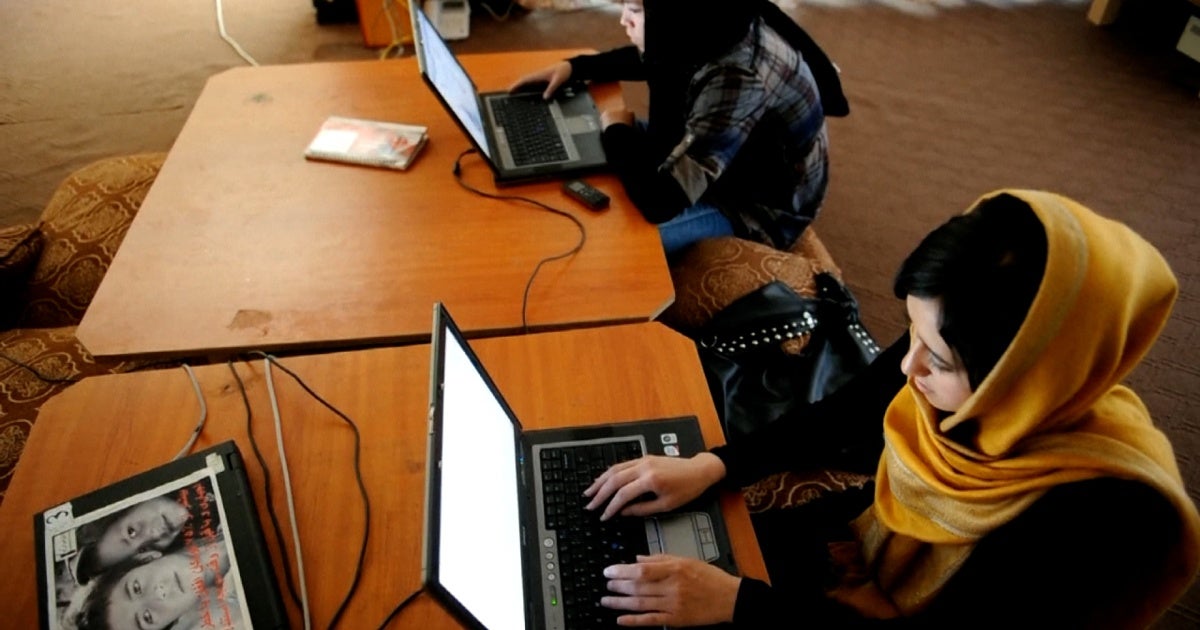Last week, the Taliban ordered an internet ban across several of Afghanistan’s northern provinces. On September 30, they fully shut down the internet, both mobile and fibre optic, nationwide.
The Taliban claim the ban is to “prevent immorality.” In Afghanistan, authorities have long used “morality” as a tool of oppression applied predominantly to women and girls, who have traditionally been seen as bearers of the dignity, pride, and honor of their family. Women and girls have been defined solely by their relation to men: as a man’s mother, sister, wife, or daughter. When the Taliban say “immorality,” they often mean immorality caused, seen, or promoted by women, or men being corrupted through the fault of women.
The internet ban is yet another way for the Taliban to control women and girls. Since taking control of Afghanistan in August 2021, the Taliban have severely curtailed all physical spaces of resistance: from the streets, to universities, to workplaces.
As a result, women with access to the internet have relied on it to resist Taliban imposition of what many call “gender apartheid.” Activists use the internet to document abuses and connect with allies abroad amidst declining global attention.
The internet also offers education to counter the Taliban’s ban on girls and women studying beyond the sixth grade. For many, the loss of online classes is already causing immense distress. Organizations providing education online fear that female students will lose their last line of access to learning and connecting to the world.
A high school friend, Meena (not her real name), had been running an online clothing business inside Afghanistan. “The Taliban would impose digital gender apartheid if they could find a way to shut the internet off only for women,” she told me last week. Meena said that the loss of internet would cause her to lose crucial income sources, autonomy, and identity, and links to each other and those abroad.
I have not been able to reach Meena since the Taliban fully disconnected the country.
The Taliban’s internet shutdowns are not only about political control of Afghan society, but reflect a deliberate act of patriarchal authoritarianism. They harm already systemically silenced women and girls, crushing further their ability to study, maintain income and a sense of self and community, and mobilize feminist resistance.
An urgent lifting of the ban—Afghan women’s lifeline to the world—is critical.



